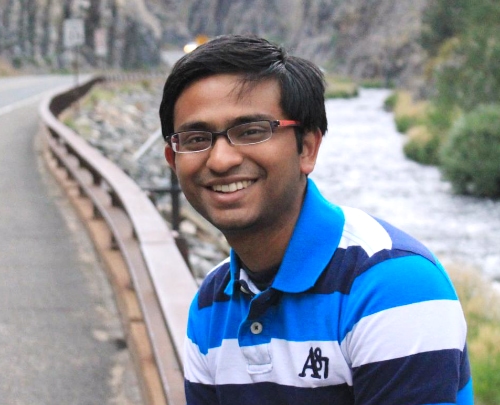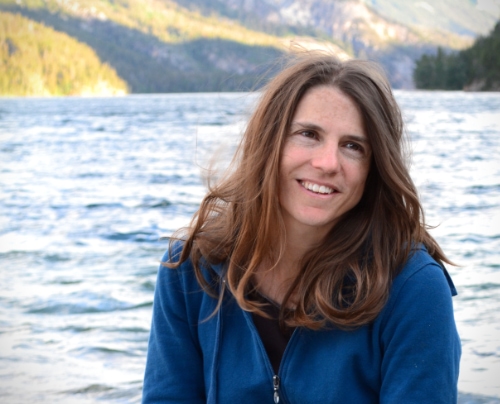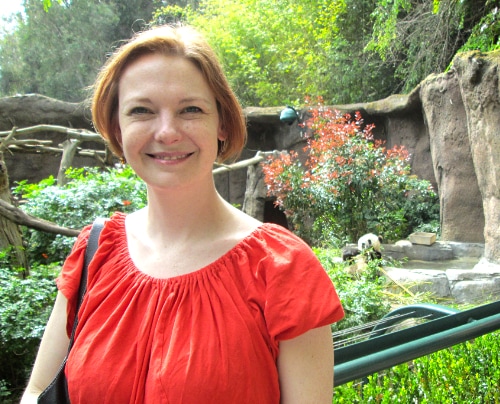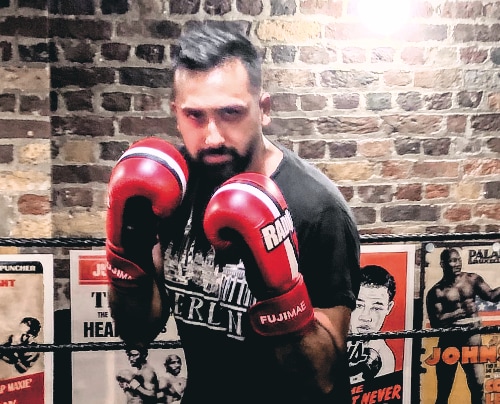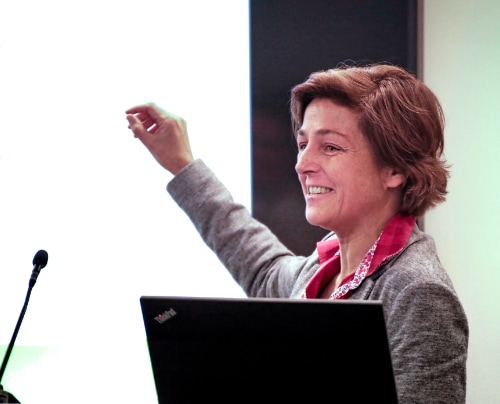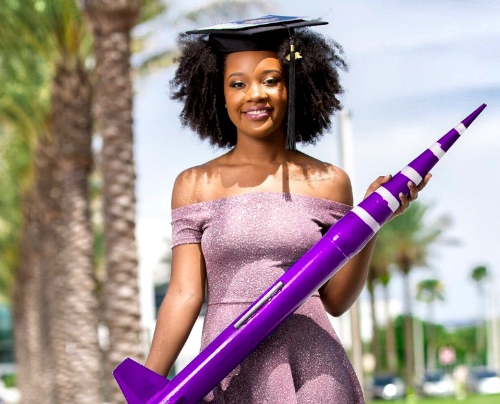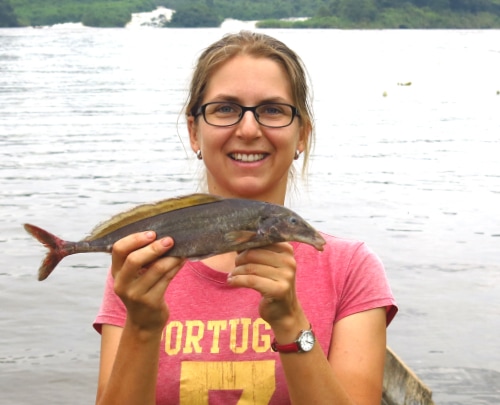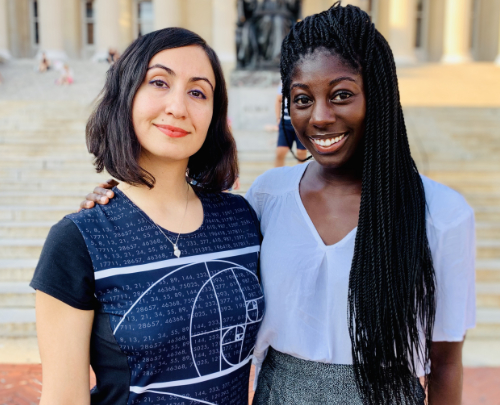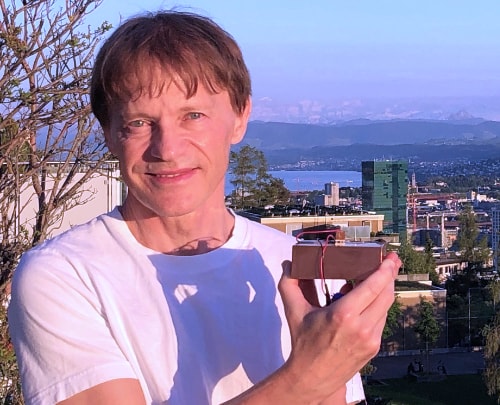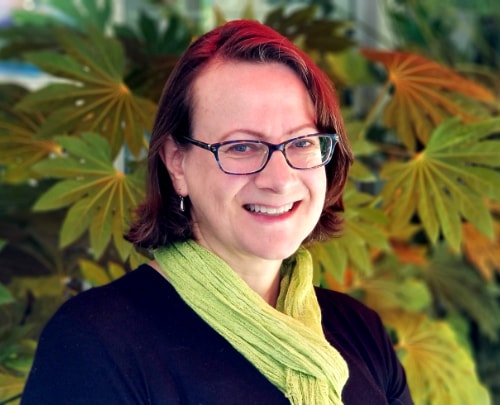29
Oct 2019
How can what engineers learn from how barn owls pinpoint the location of the faintest sounds apply to their development of nanotechnologies capable of doing even better? In episode 61, we're joined by Saptarshi Das, a nano-engineer from Penn State University, who talks with us about his open-acces......
15
Oct 2019
When real-time fMRI neurofeedback improves people's symptoms long after treatment, might that influence the guidance that's provided to patients, and also inform the design of future clinical trials? In episode 60, we're joined by Michelle Hampson from Yale University's School of Medicine. She dis......
1
Oct 2019
In striving to develop expertise, are 10,000 hours of deliberate practice really required, and must it be guided by a teacher or coach? In episode 59, we're joined by Brooke Macnamara from Case Western Reserve University. She'll discuss her attempted replication of the study which led to the mantr...
17
Sep 2019
What can brain scans of radicalized jihadists tell us about how they react to what they perceive as attacks on their sacred values? In episode 58, we're joined by Nafees Hamid from Artis International who talks with us about his article “Neuroimaging ‘will to fight’ for sacred values: an empiric...
3
Sep 2019
What changes when we attempt to measure personality outside of the contexts where the instruments were developed and validated? In episode 57, we're joined by Karen Macours from the Paris School of Economics about her research into practical issues with using a popular Big Five personality measure......
20
Aug 2019
How can a satellite the size of a loaf of bread take the heat of operating in the extreme conditions existing in space without overheating? In episode 56, we're joined by Naia Butler-Craig from the Georgia Institute of Technology to discuss her open access article “An investigation of the system a...
6
Aug 2019
How do some fish see color in the black-and-white world of the ocean's depths? In episode 55, Zuzana Musilová, an evolutionary biologist at Charles University in Prague, discusses her research into the unique way that some fish in the deep ocean’s darkness may be able to see in color. Her article ...
23
Jul 2019
Can communication across networks of people be optimized to share information, while at the same time lessening the likelihood of information bubbles and echo chambers? In Episode 54, we're joined by Ida Momennejad and Ajua Duker from Columbia University and Yale University, respectively, to discu......
25
Jun 2019
"Nothing in life is certain," writes MIT mechanical engineer Seth Lloyd, "except death, taxes and the second law of thermodynamics." But is this necessarily so? In episode 52, we're joined by Andreas Schilling with the University of Zurich, who discusses his development of an amazingly simple de......
11
Jun 2019
Just how rampant is scientific misconduct? In episode 51, Elisabeth Bik talks with us about her research suggesting that as many as 35,000 papers in biomedicine journals may be candidates for retraction due to inappropriate image duplication. Her open-access article, “Analysis and Correction of In...

